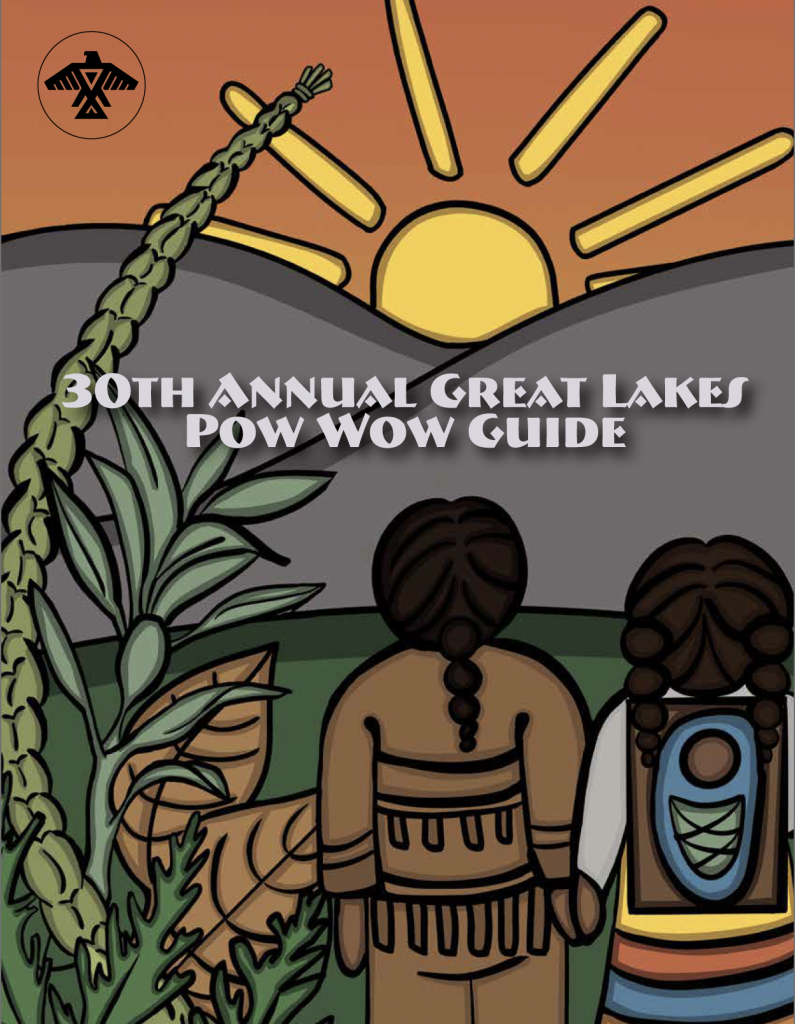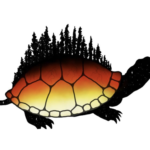Anishinabek Nation Citizenship Commissioner receives Order of Canada
ANISHINABEK NATION HEAD OFFICE (September 7, 2018)— Anishinabek Nation Grand Council Chief Glen Hare would like to congratulate the Anishinabek Nation’s Citizenship Commissioner Jeannette Corbiere Lavell (Keewednanung) on becoming a member of the Order of Canada.
“I was proud to attend the presentation of the Order of Canada to Jeannette Corbiere Lavell on behalf of the Anishinabek Nation,” expressed Grand Council Chief Hare. “Jeannette is the Anishinabek Nation Citizenship Commissioner and has dedicated her life to fighting for women’s rights and equality for Anishinaabe women.”
Corbiere Lavell is a central figure in the pursuit of fairness and recognition for First Nations women and children, especially those who have lost their Indian status due to provisions of the Indian Act. Aside from lack of access to social and treaty benefits that are attached to Indian status, the loss of status can also carry a stigma in First Nations.
“We are so fortunate to have such committed and resilient advocate for women’s rights within our Nation,” continued Grand Council Chief Hare. “Jeannette is one remarkable woman and is very deserving of being heralded for her unrelenting effort to pursue the ‘right to belong’ to their home communities after being stripped of their status, for many Anishinaabe women and their children throughout Canada. Congratulations!”
In April of 1970, the citizen of Wiikwemkoong Unceded Territory married David Lavell who was non-Indigenous man from Toronto, which resulted in the loss of her Indian Status and citizenship rights. Corbiere Lavell began her struggle to ensure that the rights of Indigenous women were equal to the rights of Indigenous men under the Indian Act. In 1973, the Supreme Court of Canada heard Corbiere Lavell’s case, now known as the Lavell Case (AG v. Lavell), but it was lost by a single vote from the bench.
When the Indian Act was revised in 1985, Bill C-31 created new criteria for Indian Status. Section 6 (2) states that only children of two parents with Indian status can pass Indian status on to their children. The rule, sometimes called the “two-generation cut‐off”, could mean the extinction of so-called “status Indians” within six generations.
More recently, two major court cases in 2009 and 2015 have further challenged gender‐based status provisions and the courts found that subtle forms of sexual discrimination persisted under the Indian Act and ordered the government to reform the law comprehensively.
Corbiere Lavell has been the Anishinabek Nation Citizenship Commissioner since 2008. The Anishinabek Nation has developed its own Citizenship Law, Anishinabek Nation E-Dbendaagzijig Naaknigewin, which adopts the one– parent rule. Anishinabek First Nation citizens have stated over the years that, “We have the right to determine our own people” and the government should not have the legislative authority to dictate who is “Indian” and who is not.
The Anishinabek Nation is the political advocate for 40 member communities across Ontario, representing approximately 60,000 people. The Anishinabek Nation is the oldest political organization in Ontario and can trace its roots back to the Confederacy of Three Fires, which existed long before European contact.
– 30 –
For more information contact:
Laura Barrios, Communications Officer
Phone : 705-497-9127 ext. 2339
E-mail : laura.barrios@anishinabek.ca



